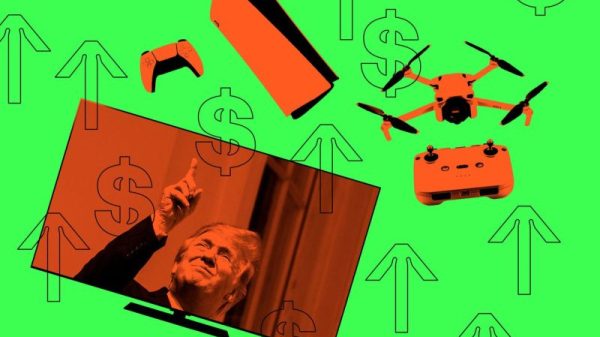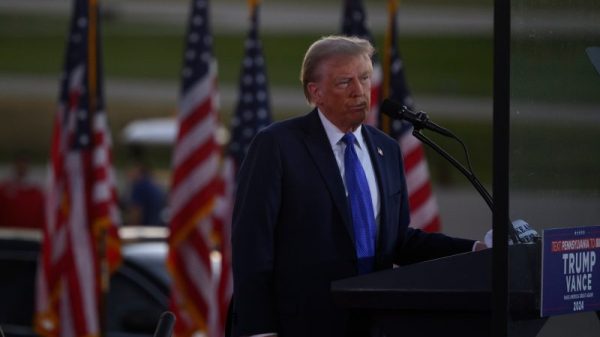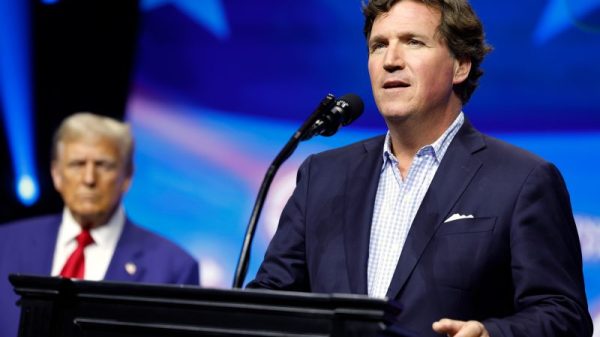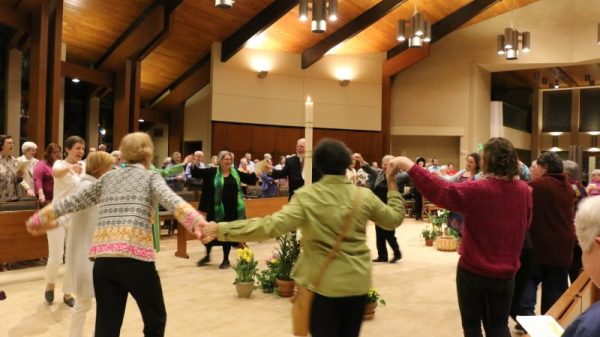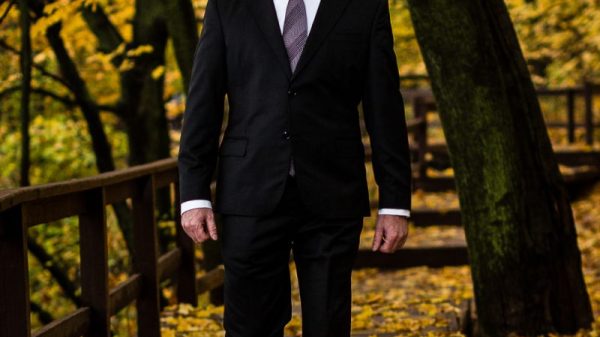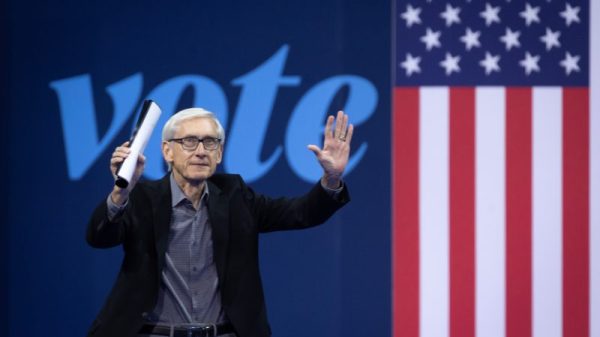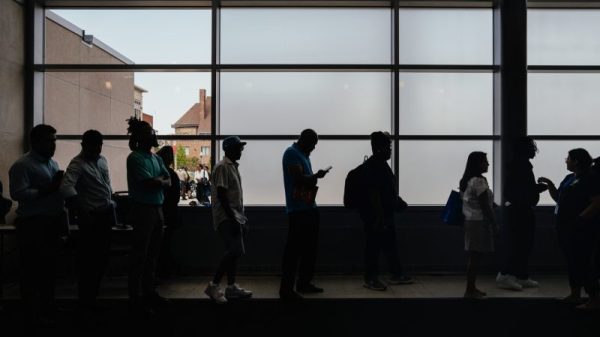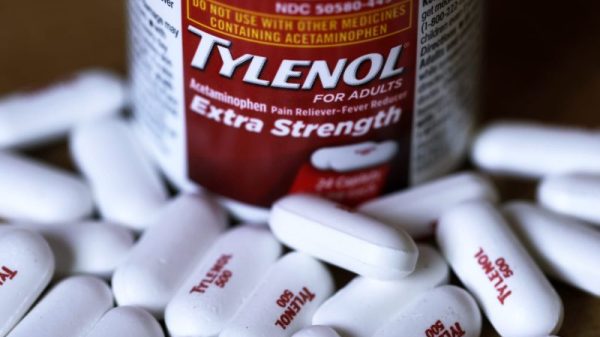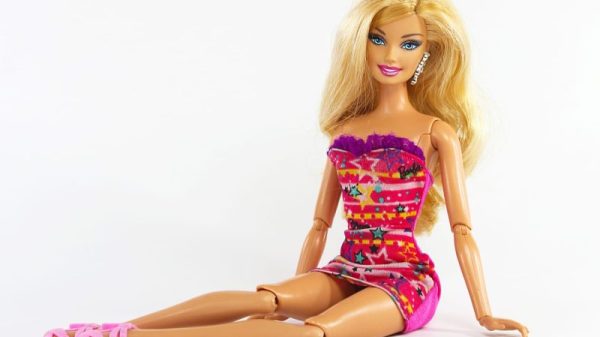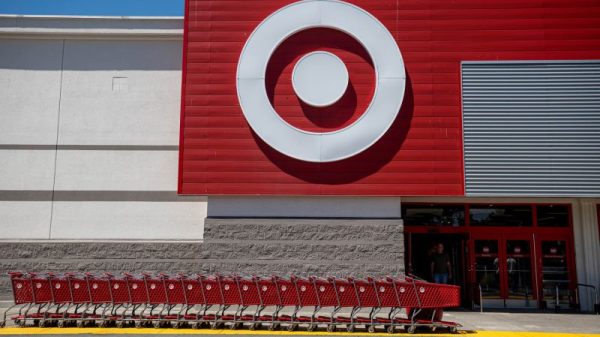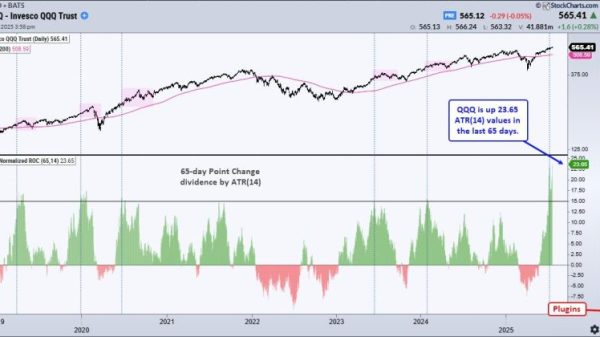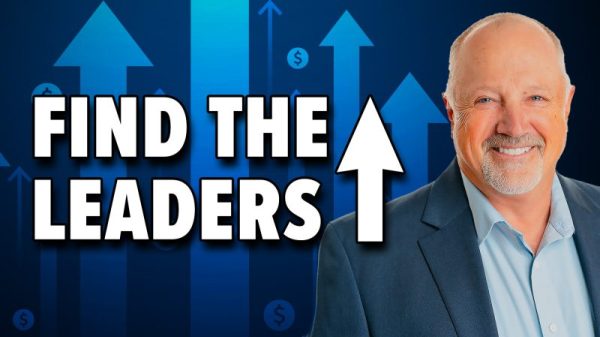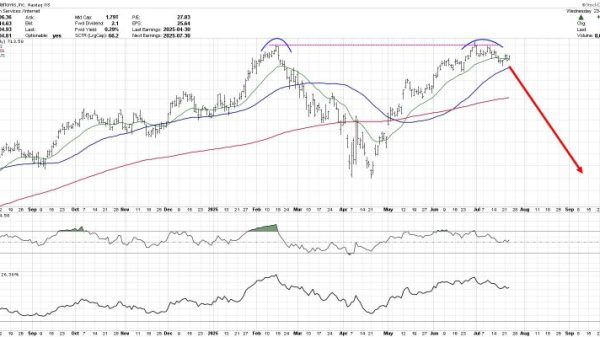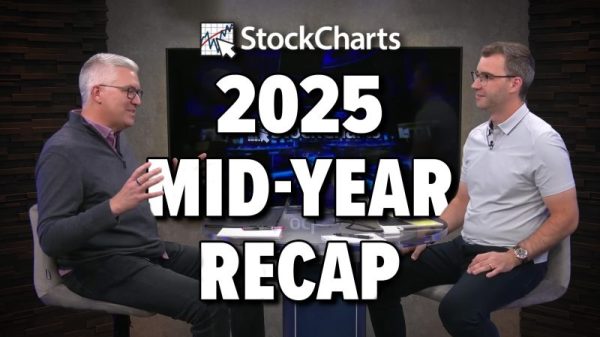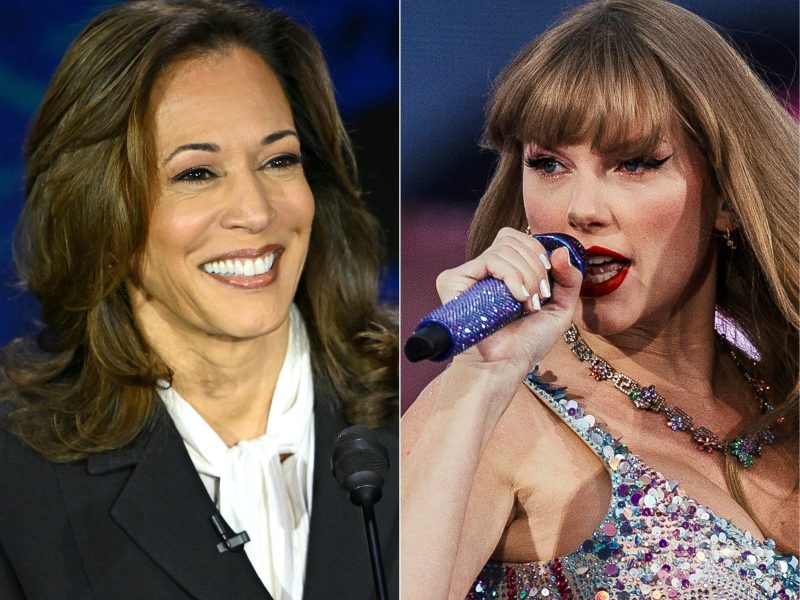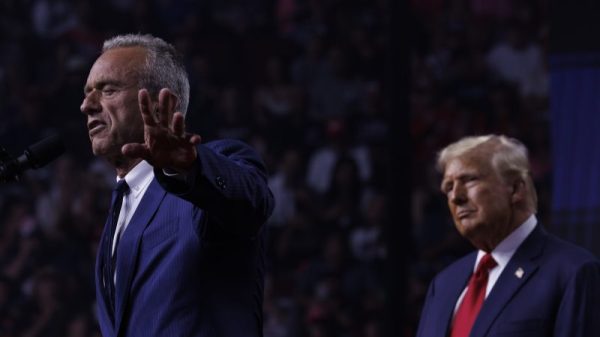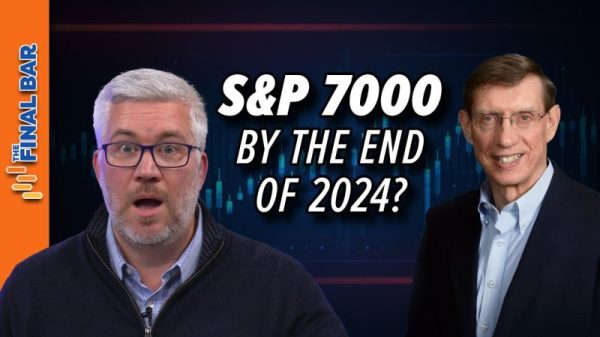When Taylor Swift endorsed Kamala Harris last Tuesday night, the news threatened to eclipse analysis of the debate between the vice president and former president Donald Trump. Whatever its ultimate impact, the megastar’s announcement puts renewed focus on the potential power of younger voters in the 2024 election — and the divergent paths of men and women.
Celebrity endorsements generally mean little in presidential politics. But at least one data point hints at the possibility that Swift might be an exception. In the 24 hours after her endorsement, in which she implored her followers to register to vote, 405,999 people visited the website vote.gov, a repository of information about how to register that is administered by the General Services Administration in collaboration with the U.S. Election Assistance Commission, according to a report by CBS News. On a typical day, about 30,000 people visit the site.
Swift’s endorsement certainly caught Trump’s attention. On Sunday, he posted on his Truth Social account, “I HATE TAYLOR SWIFT!” His campaign has been working to appeal to younger men to support him. But what political value he saw in that posting is not clear.
Younger voters have played an increasingly bigger role in recent elections and could again in November. In 2020, the turnout rate among those between ages 18 and 29 topped 50 percent, according to the U.S. Elections Project, which was higher than in 2008, when Barack Obama was elected.
President Joe Biden won 61 percent of their votes, according to a study by the Pew Research Center. In 2016, turnout among younger voters was about 11 percentage points lower, and Hillary Clinton, the Democratic nominee, won 58 percent of their votes.
What has been striking is the growing separation between younger women, who have become more liberal and are strongly Democratic in their leanings, and younger men, who also hold generally liberal views but have been defecting from the Democrats. For Harris and for Trump, that presents opportunities and potential problems.
Swift’s support for Harris coincided with a new report from the Gallup organization highlighting the leftward shift in the attitudes of women between the ages of 18 and 29. They not only identify as liberal in higher percentages than in past years, but they also hold significantly more liberal positions on many key issues, most prominently abortion, the environment, gun laws and racial relations, according to the report.
The Gallup study focused on three time periods: 2001-2007, when George W. Bush was president; 2008-2016, mostly during Obama’s presidency; and 2017-2024, when both Trump and Biden have been in the White House.
Across four different groups — younger women, younger men, older women and older men — women ages 18-29 “stick out as just shifting much further left than all of those groups,” said Lydia Saad, Gallup’s director of U.S. social research. “So they are very clearly unique in this sort of evolution in their views.”
In the period between 2001 and 2007, 28 percent of younger women identified themselves as liberal. That rose to 32 percent in the 2008-2016 period, then to 40 percent over the past eight years. Among younger men, the percentage identifying as liberal has been relatively flat: 25 percent in the first period, 27 percent in the middle period and 25 percent most recently.
Women over 30 who identify as liberal have risen from 20 percent at the beginning of this century to 27 percent most recently. Men over 30 have been least likely to identify as liberal, rising from 16 percent in the first time period to 20 percent since 2017.
Women with college degrees identify as more liberal than do women without college degrees, but the study showed that the percentage-point increase in those identifying as liberal was almost identical for both.
The Gallup study reviewed positions on two dozen issues and found that, on five, all having to do with the environment, abortion and gun laws, “the percentage of younger women holding the liberal position has increased by more than 15 points.”
“This isn’t just about being more attracted to that [liberal] label,” Saad said, “but they’ve actually become much more liberal on a variety of issues. … This isn’t just a superficial label issue; this is a significant shift in their political worldview.”
For example, during the Trump-Biden period, the percentage who attributed global warming to human activity jumped 20 points, after remaining steady during the Obama years. They are more likely (by 18 points) to say abortion should be legal in all or most circumstances, during a period when the Supreme Court ended the constitutional right to abortion.
Younger women also have registered significantly greater concern about racial relations during the past eight years, compared with the 2008-2016 period, jumping 24 percentage points.
Younger men have also become more liberal in their positions on these issues, but by lesser percentages.
Saad said she and her colleagues have no objective answer as to why the shift has become more notable in recent years. The report cites events and factors that could help to explain it, including repeated mass shootings, the police killing of George Floyd in 2020, Trump’s presidency and even the emergence of younger female political figures, such as Rep. Alexandria Ocasio-Cortez (D-N.Y.).
The Gallup report highlights that younger men have resisted the liberal label, even as they have taken more liberal positions on issues. That squares with the findings of the Harvard Youth Poll, conducted by the Institute of Politics at Harvard University’s Kennedy School, which have shown younger men disassociating from the Democratic Party. (Full disclosure: I hold a part-time appointment at the IOP.)
“The gender gap is expanding significantly among younger people,” said John Della Volpe, the IOP’s director of polling.
Pew released a survey last week that showed Harris and Trump each with 49 percent support. Among men ages 18-29, she had a 20-point advantage (58 percent to 38 percent). Among women of the same age, her margin was 32 points (65 percent to 33 percent).
The poll that Della Volpe and students conducted this past spring showed that, among men between the ages of 18 and 24, 28 percent identified as Democrats, 31 percent as Republicans and 39 percent as independents. Among women of the same age, 43 percent identified as Democrats, 18 percent as Republicans and 36 percent as independents.
He said the biggest shift away from the Democrats has been among younger African Americans, with significant movement also among young Hispanic men. The difference between those 18 to 24 and men ages 25 to 29 is also striking. Among the older group, 38 percent call themselves Democrats and 25 percent Republicans, with 36 percent considering themselves independent.
Della Volpe said he thinks this youngest group of male voters may see Trump differently than those just a few years older, as perhaps less threatening. Also, he said, social media and algorithms could be a factor, leading them “to pretty far-right content” that has had an influence on their views.
Della Volpe said that, if the Harris hopes to be successful in rebuilding the Obama coalition, she needs to address the youth gender gap, especially among the youngest group of voters.
Could the Swift endorsement help? He said that Harris is near her ceiling among younger women but that there might be some additional votes she can get. But he said Swift has a platform and an appeal to which younger men might also respond. “When it comes to public policy, they don’t have significant disagreements with her,” he said.
Biden was struggling to attract younger voters, including younger Black voters, with Trump trying to cut into the Democrats’ typical margins. Harris has begun to put that coalition back together but has more work to do. However good the reviews of her debate performance were, she was graded lower for answering questions about her own vision and policies. “She’s a very new candidate to all of us,” Della Volpe said. “Especially younger voters.”


